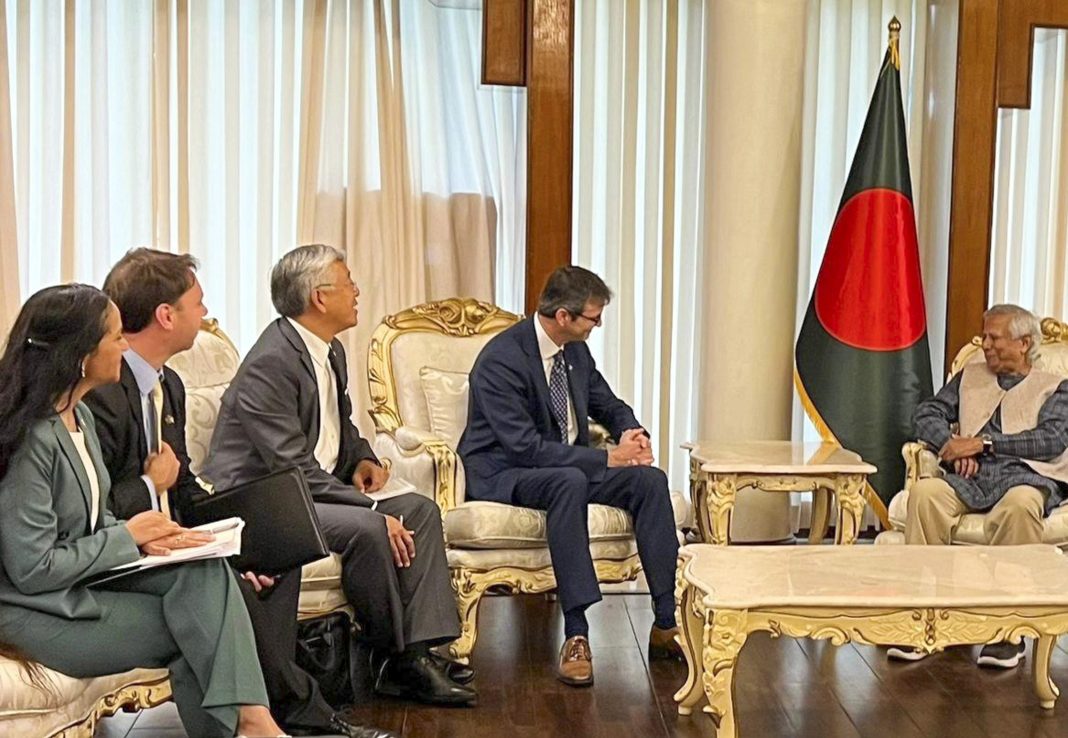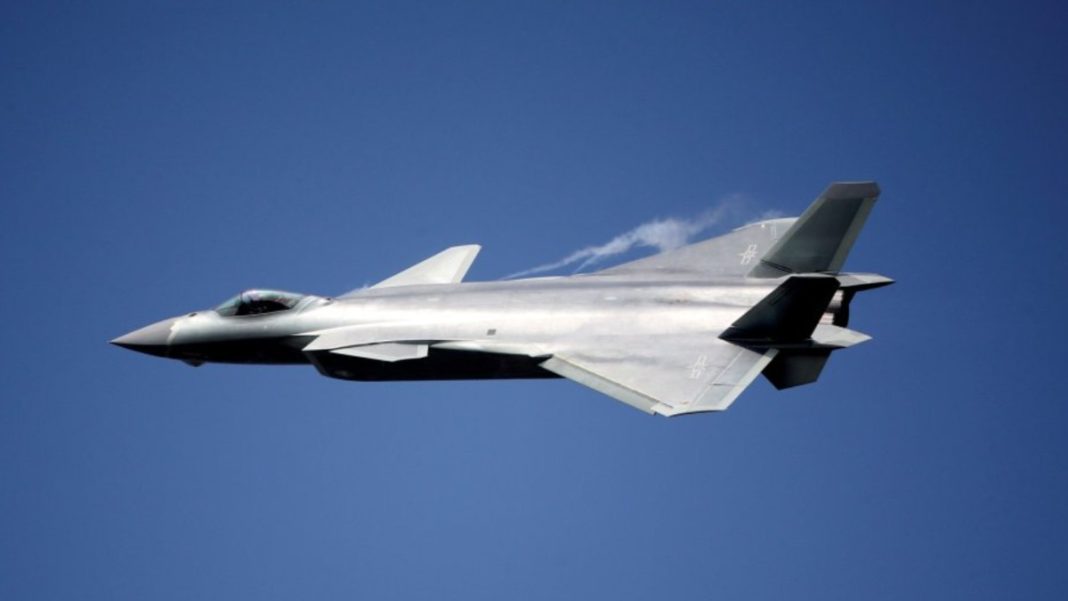Dhaka, Sept 16: The United States will provide USD 202.25 million in aid to Bangladesh to advance development, empower youth, strengthen democracy, improve health and expand trade and economic opportunities to people in the South Asian country, authorities said on Sunday.
AKM Shahabuddin, additional secretary of the Economic Relations Division, and Reed J Aeschliman, mission director of USAID, signed the 6th amendment of “The Development Objective Grant Agreement (DOAG)” in Dhaka on behalf of their respective governments, according to a press release from the Ministry of Finance.
Under the agreement, USAID will provide a USD 202.25 million grant to Bangladesh for its three sectors namely good governance, social, human and economic opportunity and resilience, the state-owned BSS news agency reported.
“Driving greater prosperity: @USAID signed an agreement worth over $200 million with the Bangladesh interim government to advance development, empower youth, strengthen democracy & governance, improve health and expand trade & economic opportunities to people across the country,” the US Agency for International Development (USAID)-Bangladesh said in a post on X.
On September 27, 2021, a new DOAG was signed between Bangladesh and USAID for the period of 2021-2026. By implementing the DOAG, USAID is committed to contributing a total of $954 million. So far up to the 5th amendment, USAID has provided USD 425 million to Bangladesh, the BSS news agency reported.
The US provides most of its development assistance through USAID, the United States Department of Agriculture and some other government and non-government organizations, it added.
On Sunday, the interim government’s Chief Adviser Muhammad Yunus met a high-powered American delegation and sought support from the US to rebuild Bangladesh, carry out vital reforms and bring back stolen assets.
He described the challenges that the interim government is facing and said his administration has moved quickly to “reset, reform, and restart” the economy, initiate reforms in financial sectors, and fix institutions such as the judiciary and police.
The US delegation assured him of expanding economic and political ties to create a more equitable and inclusive future for its citizens.
The multi-agency US delegation was led by Assistant Secretary for International Finance at the US Department of the Treasury Brent Neiman. Assistant Secretary of State for the Bureau of South and Central Asian Affairs, Donald Lu, who arrived in Dhaka on Saturday from India, also joined the delegation.
The meeting came over a month after Yunus, known for his deep relations with Washington, was installed Bangladesh’s Chief Advisor following the resignation of Sheikh Hasina who fled the country on August 5 amidst student-led mass protests.
“Our (US) delegation met with the Chief Adviser, Professor Muhammad Yunus, affirming our dedication to fostering inclusive growth, institution building and development to benefit the people of Bangladesh,” the US embassy in Dhaka said in a statement after the meeting.
The statement added that the United States stood ready to support Dhaka’s efforts as “Bangladesh looks to chart a more equitable and inclusive future”.
Earlier in the day, the US delegation met Foreign Adviser Md Touhid Hossain at the state guest house Padma.
“We are committed to helping expand economic opportunities, build institutional capacity, uphold human rights, and mitigate climate risks with our partner, Bangladesh,” the US Embassy in Dhaka posted on X after the meeting.
“Great to meet the foreign affairs adviser at Padma House,” said the embassy.
Neiman also met Finance Adviser Salehuddin Ahmed.
After the meeting, the embassy said: “We support Bangladesh’s path towards renewed dynamism and growth. Our engagement with top economic policymakers centred on the authorities’ efforts to propel economic growth, job creation, and sustainability, including through engaging with international financial institutions.”
The US was one of the first countries to welcome Yunus’s installation while this is the first delegation from Washington to visit Bangladesh following the formation of his interim government on August 8.
The US-Bangladesh ties deteriorated and saw its lowest ebb in recent months when Hasina in public alleged that the US was out to see her ouster as she declined to serve its strategic interest compromising Bangladesh’s sovereignty. (PTI)




